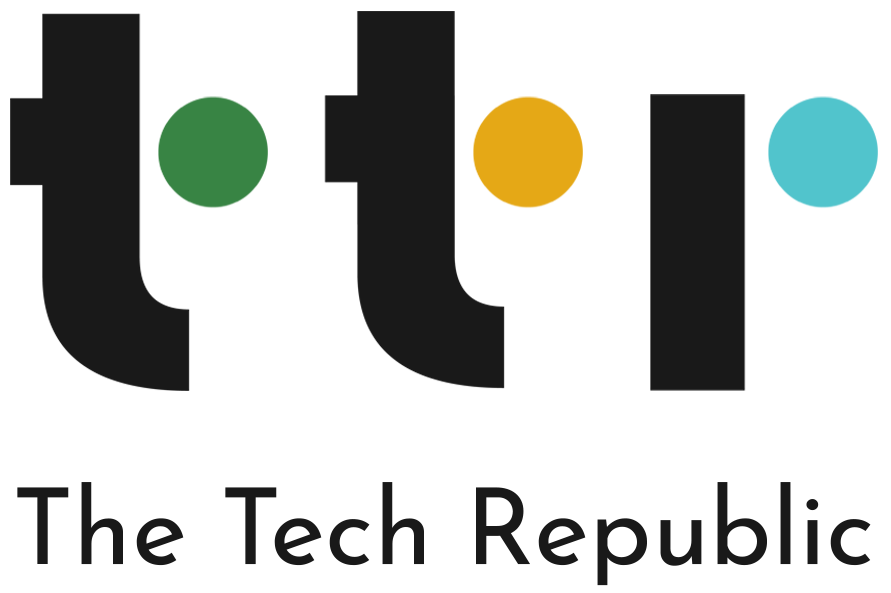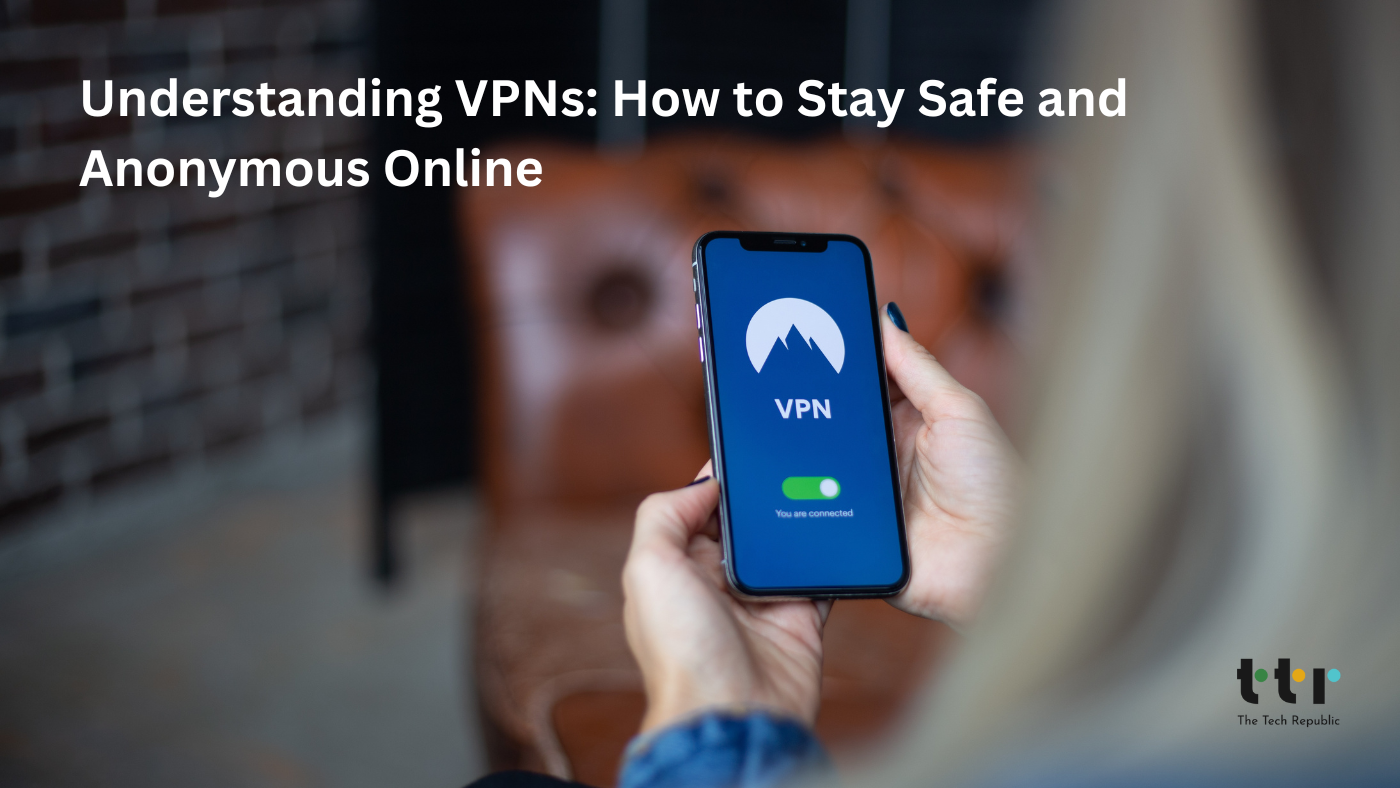In today’s digital world, it’s important to protect yourselves and stay private online. One way to do that is by using a Virtual Private Network (VPN). In this article, we’ll explain what VPNs are and how they can help keep us secure and anonymous while we’re on the internet.
What is a VPN?
A VPN, or Virtual Private Network, is a special tool that makes your connection to the internet more secure. It creates a secret tunnel between your devices and the internet, keeping your information safe from people who might want to steal it.
Why Should You Use a VPN?
- Protecting your Data: A VPN keeps your personal information safe from hackers and others who might try to access it without permission.
- Staying Safe Online: By using a VPN, you can make it harder for bad people to see what you’re doing online and keep your activities private.
- Accessing Blocked Content: Sometimes certain websites or videos are only available in certain countries. With a VPN, you can pretend to be in a different country and access that content.
- Keeping Your Online Activities Private: When you use a VPN, your internet service provider, and other organizations won’t be able to see what websites we visit or what we do online.
Choosing the Right VPN Service:
When picking a VPN service, it’s important to consider a few things:
- Strong Security: Make sure the VPN uses good encryption to protect your data.
- No-logs Policy: Look for a VPN that doesn’t keep records of your online activities.
- Server Locations: Check if the VPN has servers in different countries so you can choose where you want to appear to be.
- Speed and Performance: Find a VPN that doesn’t slow down your internet too much.
- Good Reputation: Read reviews to see what other people say about the VPN.
Setting Up and Using a VPN:
- Download the VPN app on your device.
- Follow the instructions to set up the VPN.
- Connect to a VPN server by clicking a button in the app.
- Make sure the connection is successful, which means your data is now protected.
Best Practices for Secure and Anonymous VPN Usage:
To make the most of your VPN, here are some tips:
- Keep the VPN app and your device’s software up to date to stay safe.
- Turn on features like a kill switch and DNS leak protection for extra security.
- Use strong and unique passwords for your VPN account.
- Be careful while browsing and avoid suspicious websites or downloads, even with a VPN.
- Stay informed about any potential issues with VPNs and learn about online safety.
Additional Tools and Techniques for Enhanced Online Security:
Apart from a VPN, there are other things you can do to stay safe online:
- Use two-factor authentication for your accounts to add extra protection.
- Use secure messaging apps when you want to have private conversations.
- Add browser extensions that block trackers and cookies to improve privacy.
- Be cautious when using public Wi-Fi networks and avoid doing sensitive things like online banking.
Conclusion:
In a world where your online security and privacy are important, VPNs can help you stay safe and anonymous. By encrypting your data and giving you control over your online activities, VPNs are valuable tools. Using a VPN alongside other security measures ensures that you can navigate the internet with confidence and peace of mind.

